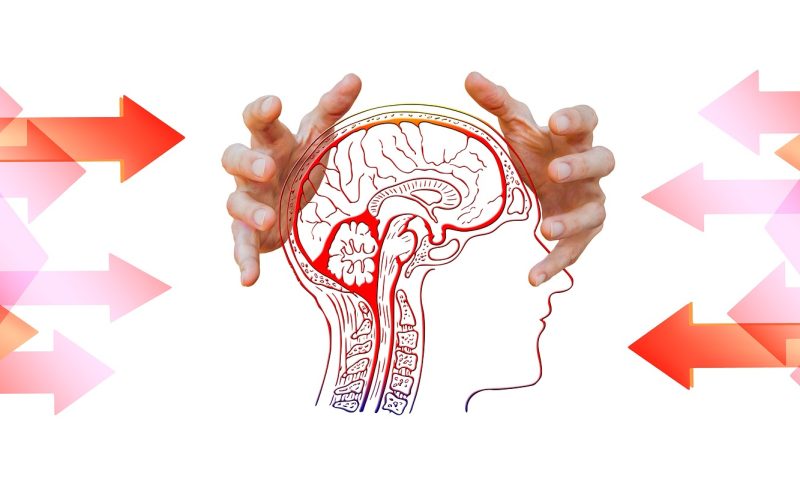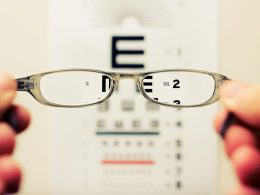Introduction
Attention, fellow migraine sufferers! Are you tired of the excruciating pain and debilitating symptoms that come with this condition? It’s time to take control and find relief. In today’s post, we’re sharing the top 8 ways to treat migraines, from natural remedies to prescription medications. Say goodbye to endless suffering and hello to a better quality of life!
Causes of migraines
Migraines are often caused by a combination of factors. These can include physical triggers, such as changes in weather or barometric pressure; emotional triggers, such as stress or anxiety; dietary triggers, such as certain foods or beverages; and hormonal triggers, such as fluctuations in estrogen levels. Identifying your personal migraine triggers is an important step in finding the best treatment for you.
Common migraine treatments
There are a variety of migraine treatments available, and the best approach depends on the individual. Some common migraine treatments include:
– Over-the-counter pain relief: This can be in the form of medication or natural supplements. Pain relief is typically the first step in treating migraines.
– Triptans: These are prescription medications that help to narrow blood vessels and block pain signals from the brain. They are typically used when over-the-counter medications don’t work.
– Ergots: These are also prescription medications that constrict blood vessels and block pain signals from the brain. They can be used alone or in combination with other medications.
– NSAIDs: Nonsteroidal anti-inflammatory drugs (NSAIDs) can help to reduce inflammation and pain. NSAIDs are available over the counter and by prescription.
– Antidepressants: Tricyclic antidepressants (TCAs) and selective serotonin reuptake inhibitors (SSRIs) have been shown to be effective in treating migraines. TCAs are typically used when other medications haven’t worked, while SSRIs are often used as a preventive measure.
– Beta blockers: These medications can help to prevent migraines by blocking adrenaline receptors. Beta blockers are typically used for people who experience migraines with aura (visual disturbances).
Natural migraine remedies
There are many different ways to treat migraines, but some people prefer natural remedies. These can include things like changing your diet, getting more exercise, and taking supplements.
One of the most popular natural migraine remedies is magnesium. This mineral is involved in over 300 biochemical reactions in the body and is thought to help relax muscles and reduce inflammation. It can be found in green leafy vegetables, nuts, and seeds. You can also take magnesium supplements, but be sure to talk to your doctor first.
Feverfew is another popular herbal remedy for migraines. It has been used for centuries to relieve headaches and is thought to work by reducing inflammation. Feverfew can be taken as a supplement or tea.
Ginger is another effective natural remedy for migraines. It contains compounds that help to reduce inflammation and pain. You can take ginger in supplement form or add it to your food.
There are many other natural remedies for migraines, including butterbur, lavender oil, and peppermint oil. Talk to your doctor about which ones might work best for you.
Lifestyle changes to prevent migraines
There are a number of lifestyle changes you can make to help prevent migraines. Here are some of the most effective:
1. Get enough sleep. Migraines are often triggered by fatigue, so make sure to get plenty of rest. Shoot for 7-8 hours of sleep per night.
2. Eat regular meals. Skipping meals or letting yourself get too hungry can trigger migraines, so it’s important to eat regular, balanced meals.
3. Avoid triggers. Common migraine triggers include bright lights, loud noises, strong smells, and certain foods and drinks (including aged cheeses, chocolate, red wine, and caffeine). If you can identify your triggers, try to avoid them as much as possible.
4. Exercise regularly. Exercise can help reduce stress and tension, which can help prevent migraines. Just be sure not to overdo it – too much exercise can actually trigger migraines in some people.
5. Relaxation techniques. Stress is a common trigger for migraines, so finding ways to relax and de-stress can be helpful in preventing them. Try yoga, meditation, or deep breathing exercises
When to see a doctor for migraines
If you have migraines, you should see a doctor if:
-Your migraine attacks last for more than 24 hours.
-You have more than four migraine attacks in a month.
-Your migraines are so severe that they interfere with your daily activities.
-You have other health problems that might be causing your migraines.











